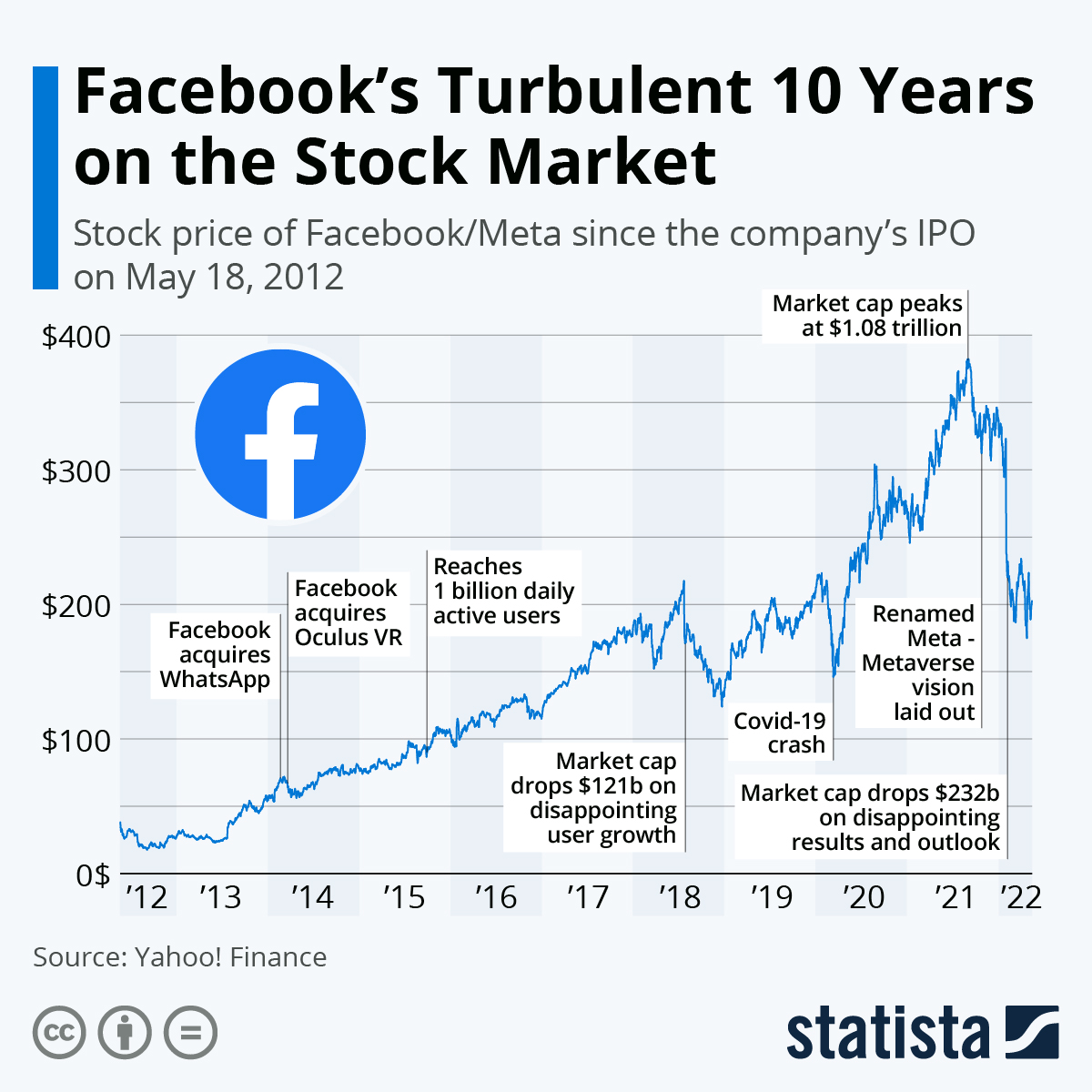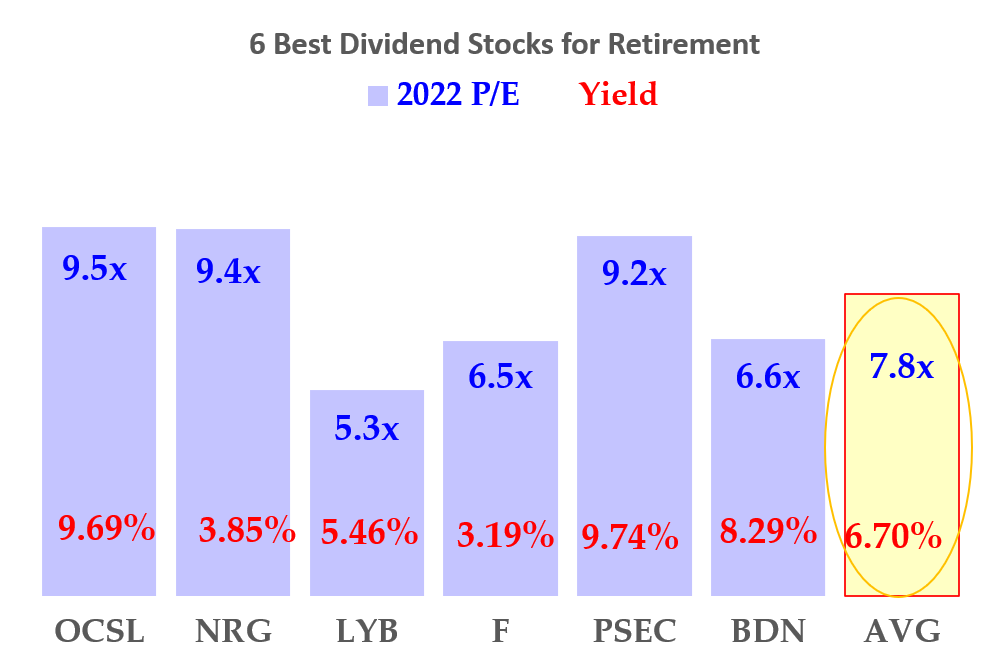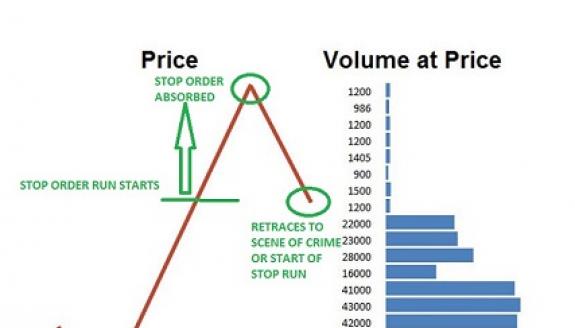
Here are some tips for beginners who trade forex. First, make sure that the broker you select is properly regulated. A well-regulated broker will ensure your safety and lower your risks. Start with a demo or cent account to get the basics. And, remember, don't deposit a huge amount of money just yet. Even though bonuses and other freebies can be appealing, you should only make a modest deposit.
Logikfx's 101 Course in Forex Trading
If you've been thinking about taking up online currency trading courses, then you've probably come across the name Logikfx. While it's a paid service, Logikfx is a comprehensive course that focuses on the basics. You can use guided annotations to help you understand and even build a quiz. It's a fun way to learn in an engaging environment without boring lectures.

Leverage
Professional traders often refer to leverage as a two-edged sword. While it is a great tool for proving yourself right, it can also be a disaster. Understanding leverage is essential before beginning to invest. Leverage can be tricky, so learn how to properly use it before you begin trading. By doing this, you can maximize your profits while taking a low risk approach. This guide will assist you in forex trading.
Popular currency pairs
Forex trading is dominated by EUR/USD/CHF as the most preferred currency pair. These currency pairs are often highly correlated and also very volatile. However, there are differences. EUR/USD is very liquid and low in spreads. It is popular among beginners and it has little fluctuation. USD/CHF, another currency pair, is very popular among beginners. The Swiss franc (also known as the Swiss franc) has a negative relationship with EUR/USD/CHF.
News headlines
Many traders rely on economic data to inform their decisions. However, news headlines can provide valuable information. Trends and important events in the economy can impact all financial markets and have an influence on market sentiment. Their stock could fall if they announce a decrease of users. Investment banks are focused on trading revenue and they use economic data for their own decisions.

A trading plan
A trading plan is key to a successful Forex trading job. This plan will allow you to understand the role of trading in your life and help you define your goals. It is vital to have a plan so that you don't make rash decisions or miss out on profitable trades. A trading plan will also help you organize your research and find trading statistics. A trading plan will help you to manage your emotions and make better choices when trades don't go as planned.
FAQ
What is the distinction between marketable and not-marketable securities
The differences between non-marketable and marketable securities include lower liquidity, trading volumes, higher transaction costs, and lower trading volume. Marketable securities, however, can be traded on an exchange and offer greater liquidity and trading volume. Marketable securities also have better price discovery because they can trade at any time. There are exceptions to this rule. For example, some mutual funds are only open to institutional investors and therefore do not trade on public markets.
Non-marketable securities can be more risky that marketable securities. They typically have lower yields than marketable securities and require higher initial capital deposit. Marketable securities tend to be safer and easier than non-marketable securities.
A large corporation bond has a greater chance of being paid back than a smaller bond. The reason is that the former will likely have a strong financial position, while the latter may not.
Because they can make higher portfolio returns, investment companies prefer to hold marketable securities.
How do I invest my money in the stock markets?
Through brokers, you can purchase or sell securities. A broker can sell or buy securities for you. Brokerage commissions are charged when you trade securities.
Banks charge lower fees for brokers than they do for banks. Banks offer better rates than brokers because they don’t make any money from selling securities.
An account must be opened with a broker or bank if you plan to invest in stock.
A broker will inform you of the cost to purchase or sell securities. Based on the amount of each transaction, he will calculate this fee.
Your broker should be able to answer these questions:
-
Minimum amount required to open a trading account
-
If you close your position prior to expiration, are there additional charges?
-
What happens if you lose more that $5,000 in a single day?
-
How many days can you maintain positions without paying taxes
-
How much you are allowed to borrow against your portfolio
-
How you can transfer funds from one account to another
-
how long it takes to settle transactions
-
the best way to buy or sell securities
-
How to Avoid Fraud
-
How to get help when you need it
-
Whether you can trade at any time
-
If you must report trades directly to the government
-
Whether you are required to file reports with SEC
-
How important it is to keep track of transactions
-
How do you register with the SEC?
-
What is registration?
-
How does it impact me?
-
Who is required to be registered
-
When do I need to register?
What is a Stock Exchange?
A stock exchange allows companies to sell shares of the company. Investors can buy shares of the company through this stock exchange. The market sets the price for a share. The market usually determines the price of the share based on what people will pay for it.
Companies can also raise capital from investors through the stock exchange. Companies can get money from investors to grow. Investors purchase shares in the company. Companies use their money for expansion and funding of their projects.
Stock exchanges can offer many types of shares. Some of these shares are called ordinary shares. These are the most popular type of shares. These shares can be bought and sold on the open market. Shares are traded at prices determined by supply and demand.
There are also preferred shares and debt securities. Priority is given to preferred shares over other shares when dividends have been paid. The bonds issued by the company are called debt securities and must be repaid.
Why is marketable security important?
A company that invests in investments is primarily designed to make investors money. It does this by investing its assets in various types of financial instruments such as stocks, bonds, and other securities. These securities are attractive to investors because of their unique characteristics. They may be safe because they are backed with the full faith of the issuer.
It is important to know whether a security is "marketable". This refers primarily to whether the security can be traded on a stock exchange. If securities are not marketable, they cannot be purchased or sold without a broker.
Marketable securities include government and corporate bonds, preferred stocks, common stocks, convertible debentures, unit trusts, real estate investment trusts, money market funds, and exchange-traded funds.
Investment companies invest in these securities because they believe they will generate higher profits than if they invested in more risky securities like equities (shares).
Statistics
- Even if you find talent for trading stocks, allocating more than 10% of your portfolio to an individual stock can expose your savings to too much volatility. (nerdwallet.com)
- Individuals with very limited financial experience are either terrified by horror stories of average investors losing 50% of their portfolio value or are beguiled by "hot tips" that bear the promise of huge rewards but seldom pay off. (investopedia.com)
- Our focus on Main Street investors reflects the fact that American households own $38 trillion worth of equities, more than 59 percent of the U.S. equity market either directly or indirectly through mutual funds, retirement accounts, and other investments. (sec.gov)
- "If all of your money's in one stock, you could potentially lose 50% of it overnight," Moore says. (nerdwallet.com)
External Links
How To
How to open and manage a trading account
First, open a brokerage account. There are many brokers available, each offering different services. Some brokers charge fees while some do not. Etrade, TD Ameritrade Fidelity Schwab Scottrade Interactive Brokers are some of the most popular brokerages.
Once you've opened your account, you need to decide which type of account you want to open. You can choose from these options:
-
Individual Retirement Accounts (IRAs).
-
Roth Individual Retirement Accounts
-
401(k)s
-
403(b)s
-
SIMPLE IRAs
-
SEP IRAs
-
SIMPLE SIMPLE401(k)s
Each option has different benefits. IRA accounts are more complicated than other options, but have more tax benefits. Roth IRAs permit investors to deduct contributions out of their taxable income. However these funds cannot be used for withdrawals. SIMPLE IRAs and SEP IRAs can both be funded using employer matching money. SIMPLE IRAs are very simple and easy to set up. They allow employees to contribute pre-tax dollars and receive matching contributions from employers.
Next, decide how much money to invest. This is also known as your first deposit. Most brokers will give you a range of deposits based on your desired return. A range of deposits could be offered, for example, $5,000-$10,000, depending on your rate of return. The conservative end of the range is more risky, while the riskier end is more prudent.
Once you have decided on the type account you want, it is time to decide how much you want to invest. Each broker will require you to invest minimum amounts. The minimum amounts you must invest vary among brokers. Make sure to check with each broker.
You must decide what type of account you want and how much you want to invest. Next, you need to select a broker. Before you choose a broker, consider the following:
-
Fees - Make sure that the fee structure is transparent and reasonable. Many brokers will try to hide fees by offering free trades or rebates. However, many brokers increase their fees after your first trade. Avoid any broker that tries to get you to pay extra fees.
-
Customer service - Look for customer service representatives who are knowledgeable about their products and can quickly answer questions.
-
Security - Make sure you choose a broker that offers security features such multi-signature technology, two-factor authentication, and other.
-
Mobile apps: Check to see whether the broker offers mobile applications that allow you access your portfolio via your smartphone.
-
Social media presence. Find out whether the broker has a strong social media presence. If they don’t, it may be time to move.
-
Technology – Does the broker use cutting edge technology? Is the trading platform user-friendly? Are there any glitches when using the system?
After choosing a broker you will need to sign up for an Account. Some brokers offer free trials. Other brokers charge a small fee for you to get started. You will need to confirm your phone number, email address and password after signing up. Next, you will be asked for personal information like your name, birth date, and social security number. Finally, you'll have to verify your identity by providing proof of identification.
Once verified, you'll start receiving emails form your brokerage firm. These emails contain important information and you should read them carefully. You'll find information about which assets you can purchase and sell, as well as the types of transactions and fees. Also, keep track of any special promotions that your broker sends out. You might be eligible for contests, referral bonuses, or even free trades.
The next step is to open an online account. Opening an online account is usually done through a third-party website like TradeStation or Interactive Brokers. Both sites are great for beginners. When you open an account, you will usually need to provide your full address, telephone number, email address, as well as other information. After all this information is submitted, an activation code will be sent to you. This code is used to log into your account and complete this process.
Now that you have an account, you can begin investing.